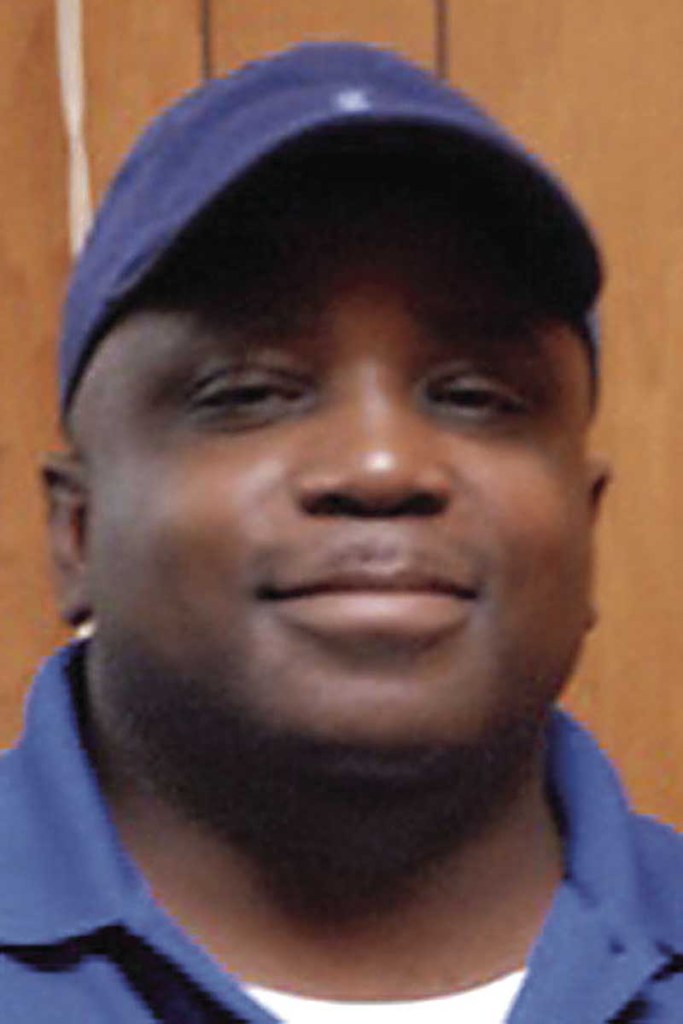Pulse of the Voters: Emotional issues drive voters’ decisions
Published 8:46 pm Saturday, October 20, 2018

- Jonathan Gary.
MOULTRIE, Ga. — It seems a weird time in U.S. history when the electorate resembles fans of two interstate-rival football teams and the country’s favorite televised sport has become a topic in that political tussle.
With voters heading to the polls soon, this turf war seems to be at an intensity that few have ever witnessed.
Trending
This state of events is not unprecedented. Congressional elections in 1994 brought out the sense of the University of Georgia-Georgia Tech rivalry of “Clean, old-fashioned hate,” without the “clean” part.
The two teams even dispute a pair of games — won by Tech during World War II — because Bulldog fans claim they don’t count and, of course, Tech claims they do. A fitting metaphor, perhaps, when the competing sides can’t even agree on the facts, much less what to do about them.
But such rancor is not unusual; it’s not even rare.
Even among those who waged the American Revolutionary War the disputes were frequent and bitter. Newspapers were highly partisan and, in the new nation, were organs of one of the competing factions. Arguments were so extreme that Alexander Hamilton died in a duel with a political opponent.
A disagreement over slavery led to Congressman Preston Brooks of South Carolina severely beating U.S. Sen. Charles Sumner of Massachusetts on the Senate floor.
After the original Articles of Confederation were found lacking and a new constitution was proposed, those who fought together against the British had extreme differences of opinion, with some saying the new document gave too much power to the federal government.
Trending
The question of whether to approve a new (federal) constitution to replace the Articles of Confederation, with its weak central government and granting to states much greater power, bitterly split the founders.
In today’s America, nothing represents that split like abortion.
“The thing I want to know about (a candidate) is what their stance is on abortion, because I’m dead set against abortion,” said Colquitt County Sheriff’s Office Sgt. Jerome Burgess.
Support of abortion rights is a non-starter for the 48-year-old veteran officer, who reckoned his last vote for a Democrat was in 2004, when he supported conservative Democratic U.S. Rep. Sanford Bishop. Any candidate who is pro-choice is not going to get a second look.
He also said the country should concentrate on its own problems first.
“I think we need to be more concerned about what goes on in our country before we worry about other countries,” Burgess said. “I think government should be small. I don’t think government should be overbearing, over-regulating.”
Burgess said he remains a strong supporter of President Donald Trump and predicted congressional gains for Republicans in November. He also approves of reducing taxes.
“I think there’s going to be a red wave,” he said. “I think the more responsible people, the more contributing people to our society are beginning to see the mainstream media can’t be trusted.”
In his time in office, Burgess said, Trump has kept his word and has done the things he said he would.
“Does he get results?” Burgess said. “Yeah, he get results.
“I do my own homework. I can make my own decisions and do my own research. You’ve got to choose the lesser of two evils,” he said.
For Moultrie resident Jonathan Gary, a medical services worker, separating parents from children is an evil that he cannot support.
“They’re putting it in the forefront for us to make a quick judgment about how we should handle it,” Gary said. “It should have been handled years ago. It changed when they started separating children from their parents.”
Immigrants are doing the same thing that has been the case throughout the country’s history, he said, “looking for a better life.”
That said, he said that those looking to come here should follow the process to enter legally, and there should be a limit on the number who are allowed into the country.
“I’m not for Trump’s way — the wall — that’s just wrong,” he said. “Build a wall? What’s that going to do? What’s that expensive wall going to do? Not a thing.”
Another big issue for Gary is health care. A lot of Americans’ health issues can be found in the country’s high obesity rates and people not taking care of themselves, he said.
“There are people, we know for a fact, who are mentally and physically healthy, (and) they should go out and get a job,” he said. “Elderly people worked. They shouldn’t have to struggle.”
The nation’s opiate crisis is going to take time, and the will, to fix, Gary said.
And, finally, Gary thinks fresh thinking is needed in Congress, and that those who have served two or even three decades have shown they are not up to fixing our problems.
“We need some new blood, some new leaders,” he said. “We need new ideas, new attitudes.”





